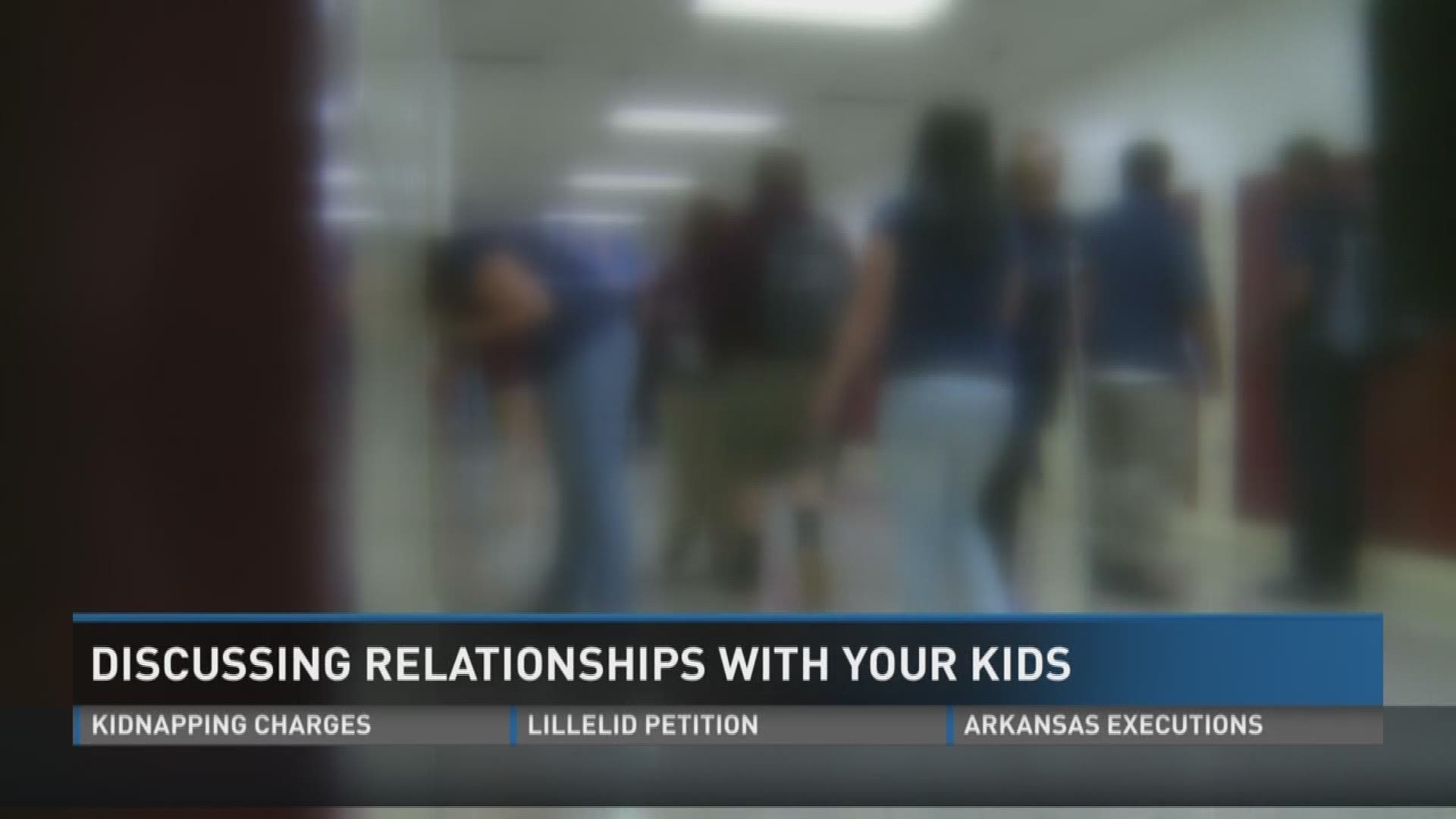News of the recovery of 15-year-old Elizabeth Thomas and the arrest of her alleged abductor, 50-year-old Tad Cummins, is reaching all corners of East Tennessee this week.
School hallways are not immune to the talk of the town.
As young people discuss the details of the unfolding situation, WBIR 10News reached out to experts about how parents can address this with their children.
What constitutes an inappropriate relationship between a child and adult? And what are the warning signs?
It's a tough but important topic to discuss with children, experts say, and parents play a key role.
"I think you can start by saying, 'Hey, have you been following the news lately?'" said Knoxville clinical psychologist Diana McCoy.
She suggests parents start a conversation by asking their kids what they know and how they feel about it.
"I always tell parents, 'Play a little dumb,' because that way you can elicit information," McCoy said. "You don't have to be the all-wise, all-knowing parent."
Justin Hall, a Knoxville mental health therapist at Thriveworks, said such conversations can be tough, and even awkward, to have.
"If you want your child to talk to you, the first thing you need to be is a good listener," Hall said.
He suggests parents discuss it with their kids while doing an activity together.
"Starting a text conversation, even if you guys are sitting in the same room can sometimes help," he said.
Both he and McCoy encourage parents to tell their kids to trust their gut feelings.
"Be mindful of how the interaction is affecting you (the child), so you can be your own barometer on if this is bordering on inappropriate," he said.
Parents who have concerns about their child's relationship with an adult should be on the lookout for changes.
"Whether it's nightmares or walking in his or her sleep or not wanting to go to school, anything that's off the radar," McCoy said.
"Changes in routine, changes on who they hang out with, the things they like to do," Hall said. "If they start getting away from hobbies and people they used to spend a lot of time with."
They suggest addressing a potentially inappropriate adult relationship in a child's life in a non-judgmental way, avoiding accusations.
"Be very calm and in terms of, 'Well, hmm, gee, he really seems that he's spending a lot of time with you,' and just kind of leave it there and see what the child says," McCoy said.
She said 60 percent of all inappropriate relationships between a child an adult happen with a non-relative whom the child knows and trusts.

